A Year in View: 2024
A roundup of the best articles and talks from 2024.
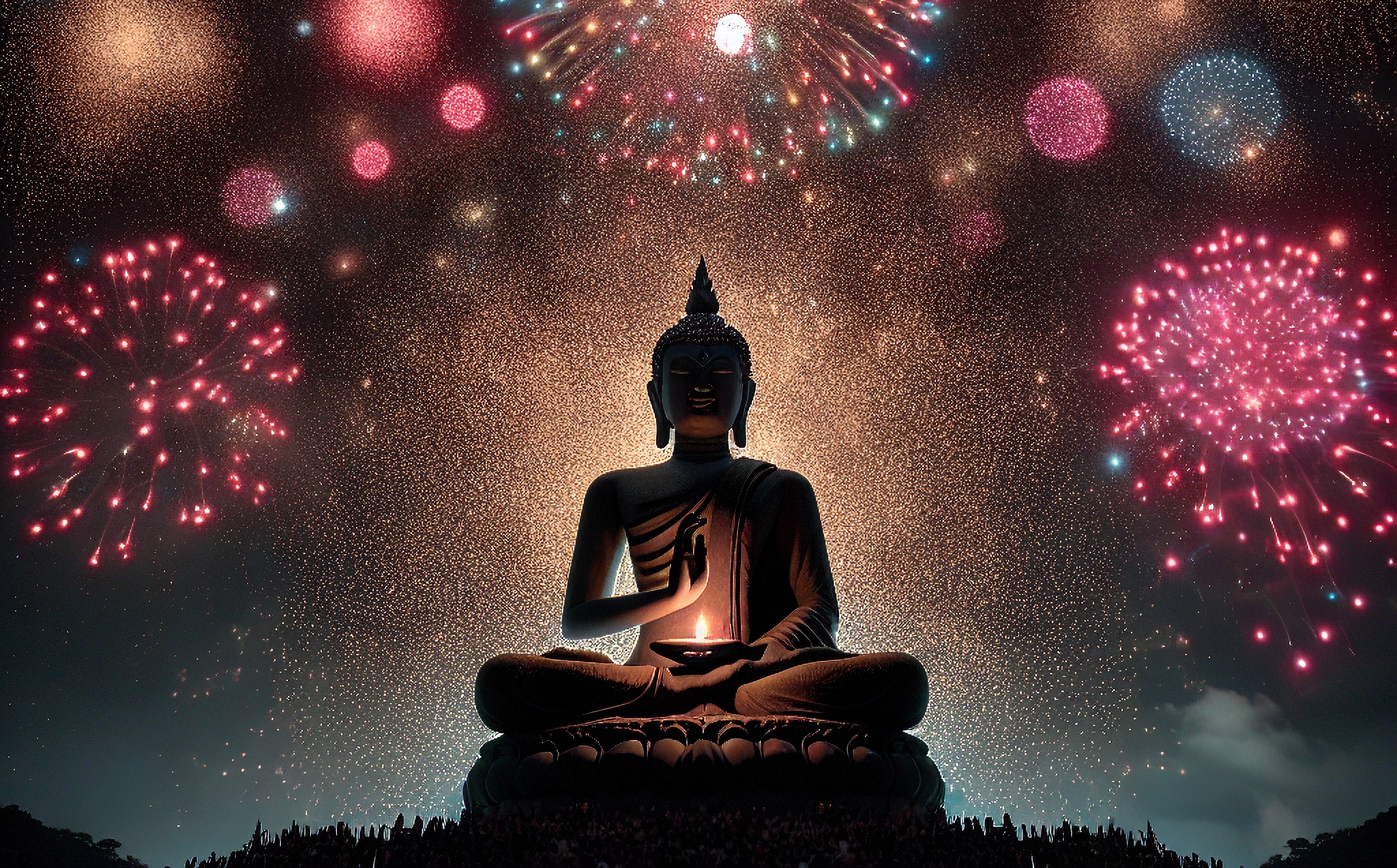 ©
© shutterstock
Welcome to our annual look back at The Zen Gateway over the past 12 months
In the world, it was a year of elections with around four billion able to cast a vote. Conflicts in Europe and the Middle East continued with no tangible resolution in sight. There were assassinations and assassination attempts, toppling of leaders & riots!
There were also natural events of note, a total solar eclipse on the 8th April in the U.S.A., which coincided with the Buddha’s birthday! There was increased solar activity that allowed more people to witness the aurora than ever before. And on Christmas Eve, NASA’s Parker Solar Probe was the closest that any man-made object had ever been to our local star - the Sun.
All that and a leap year too!
Meanwhile, on The Zen Gateway we continue to produce quality Dharma for those whose hearts incline towards the teachings of the Buddha.
January
In the opening month of the year, we have the commemoration of the death of Master Rinzai, founder of the Rinzai Zen School. In a talk entitled Look for him before you, Martin examines one of Rinzai’s common sayings which is a pointing finger for his disciples to see the Buddha standing before us every moment of every day.
Rinzai’s 'look for him before you'
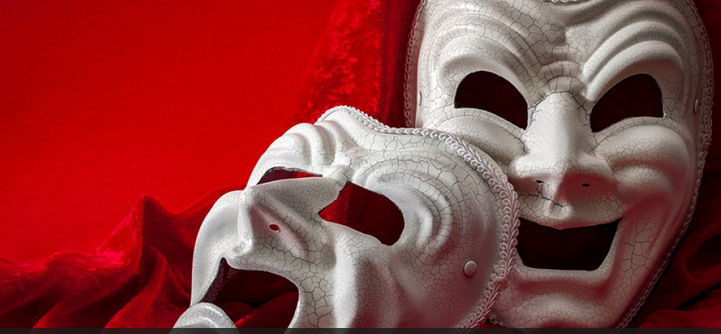
February
Working with the emotional household is central to Zen practice. In particular, working with hatred, greed and delusion, which can give rise to fear, jealousy and (arrogant) pride. These states can add to our suffering and are the cause of it. Rather than trying to control or annihilate these difficult emotions, Zen training gives us the tools to transform them into something positive. Jenny Hall examines this practice in her article Dhammapada 354.
Verses from The Dhammapada 354

March
A common occurrence is for a religion to move from simplicity to multiplicity over decades and centuries of development. Even for the monotheistic religions, the One God is accompanied by angels and saints of increasing numbers and forms. Buddhism too moved from Buddha to Buddhas and then bodhisattvas and even imported deities from its parent religion Hinduism.
In an article titled Buddhas of the Ten Directions, Martin examines how this multiplicity reflects the variation of character and need amongst different people and how veneration of differing aspects of the Heart can aid our practice.
The Buddhas of the Ten Directions
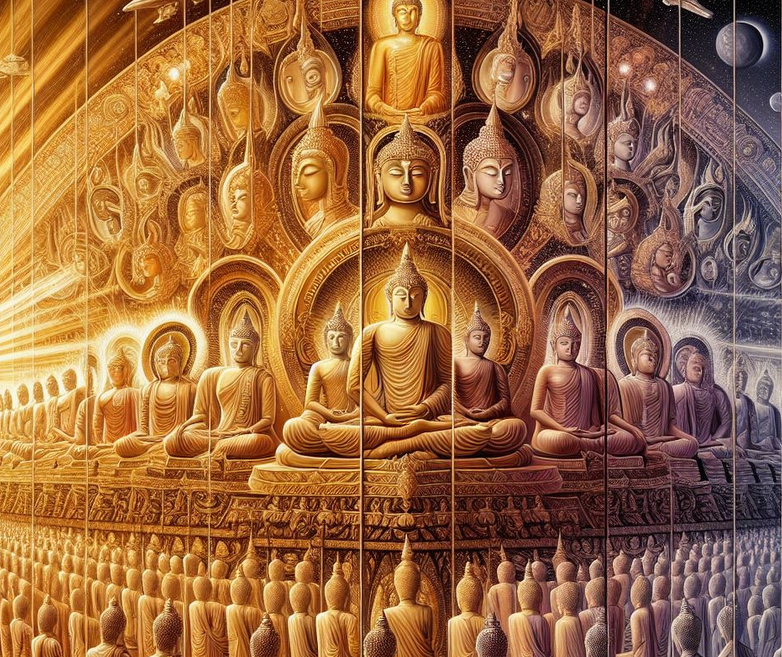
April
With so many problems in our lives and in the world, what do the Buddha’s teachings say about how we should fix them? After all, Buddhist practice is about letting go of our desires, which includes the desire to make thing better. Does this mean that we should simply ignore all the problems? Martin takes a closer look at this dilemma in: Troubleshooting Zen Study and Practice. He examines the question: will all the problems go away when I stop thinking about them?
55) Will all the problems go away when I stop thinking about them
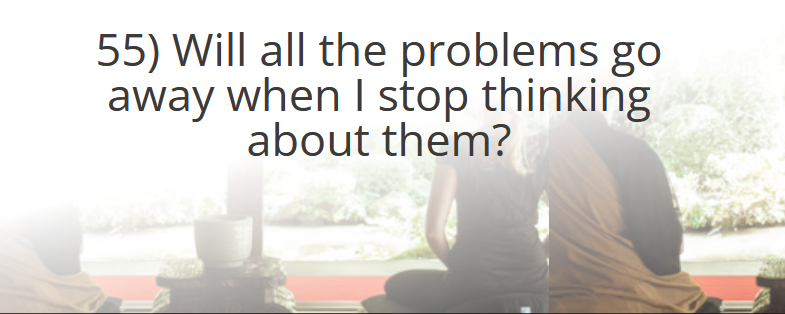
May
Poetry has been used in the Zen tradition to point to truths that cannot be put into words. The power of a poem to evoke lends itself for the ineffable to make itself known. This year we introduced a new series of poems curated and commented on by co-founder Michael Haggiag, beginning with Wild Geese by Mary Oliver - “She urges us to take flight like the wild geese and embrace our place in nature and the grander scheme of things”. It is the essence of what is often called being present or ‘in the now’.
Wild Geese by Mary Oliver (1935 – 2019) | with commentary by Michael Haggiag
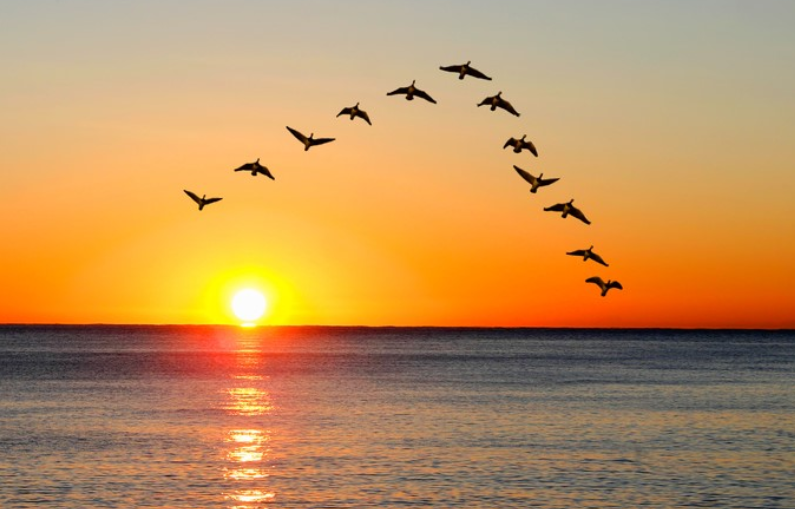
June
In this month of the summer solstice, we featured an article on the symbolism of the Sun in Buddhist literature. Vairocana Buddha is known as the Sun Buddha who simultaneously represents the ‘True Body of the Dharma’, known as the Dharmakaya, the most profound and transcendent form of the Cosmic Buddha.
A Solstice Celebration

July
This month, psychotherapist Jamie Shavdia and Buddhist Society and Zen Centre teacher Martin Goodson return for a new podcast series called Transcending Mindfulness. In this first episode they discuss the power of sacred places to bring about altered states of consciousness.
Transcending Mindfulness: 1 | How Sacred Places Change Consciousness
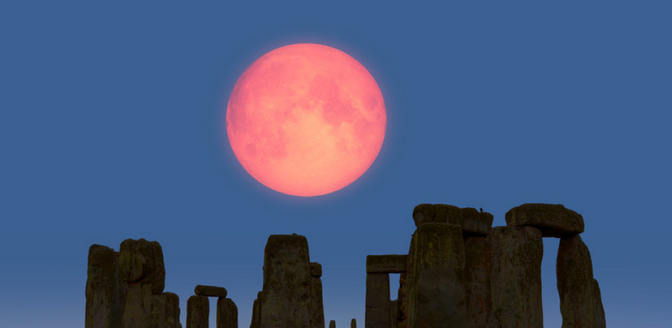
August
War, political turmoil, threats of environmental collapse and extreme inequality. At a time when uncertainty around humanity’s future seems to be closing in from all directions, everyone is asking, what are the big ideas which will save us? But what if it is the smaller ones which will make the decisive difference?
This week, subscriber and contributor to The Zen Gateway, Adrian Matthews takes a fascinating look at the Oscar winning animation Spirited Away. He tells how this film radically shifted his perspective on his role within this grand narrative, helping him to find a meaningful way of contributing to his environment and to those around him, while also restoring a little bit of peace to his own mind in the process. Read his article: Spirited Away - An environmental message about being a small player.
Spirited Away: An environmental message about being a small player.

September
This month we reviewed a recently published book - Mumonkan - , the famous collection of koans by Master Mumon with a commentary by the late Soko Morinaga Roshi.
Soko Morinaga Roshi was a Japanese Zen master who regularly visited the London Buddhist Society Summer School, giving talks on Zen training and practice; particularly legendary were his talks on the Zen koans. Those lucky enough to have been present for those talks can attest to the remarkable experience of hearing an opaque and confusing little verse suddenly come alive like an animated picture. A must-have on the bookshelf of anyone interested in this topic.
Mumonkan: The Gateless Gate by Mumon Ekai with commentary by Soko Morinaga Roshi
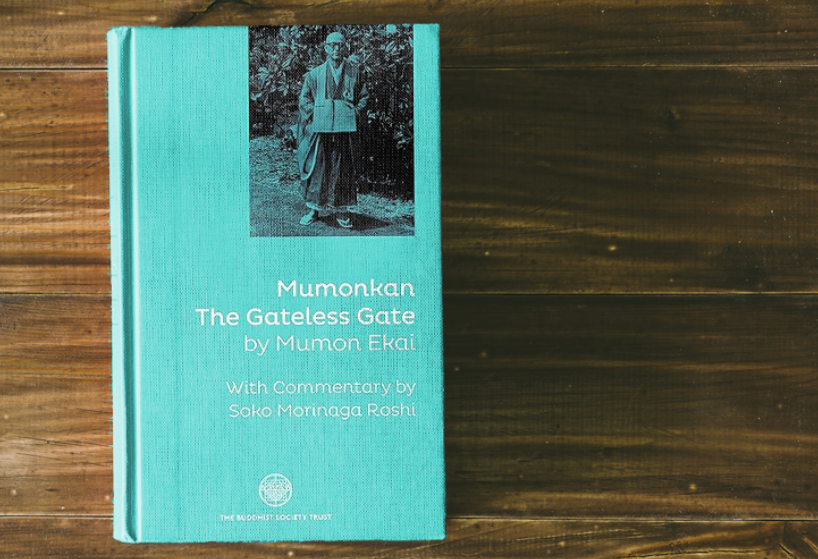
October
What is the Buddha’s most horrifying teaching? Is it not that everything we love, cherish and value will pass away?
In this month of Halloween, we recount the story of a young man who finds himself standing before the Lord and Judge of the Dead - Yama - in an article called Death’s Three Messengers. It is the message in this story that has reminded countless beings of the importance of the Buddha’s teachings and essentially how practicing them can set us free from fear.
Death’s Three Messengers
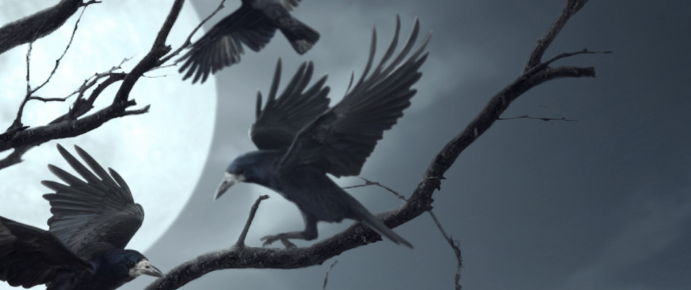
November
In this month’s Who Floats Your Vote? we ask the question - where would the Buddha have stood on many of the social and political debates taking place across the world today? Who would he have voted for in some of the more divisive elections that have recently taken place?
Martin Goodson examines the worlds of political power and money and how Buddhism might inform the way we understand them.
What Floats Your Vote?
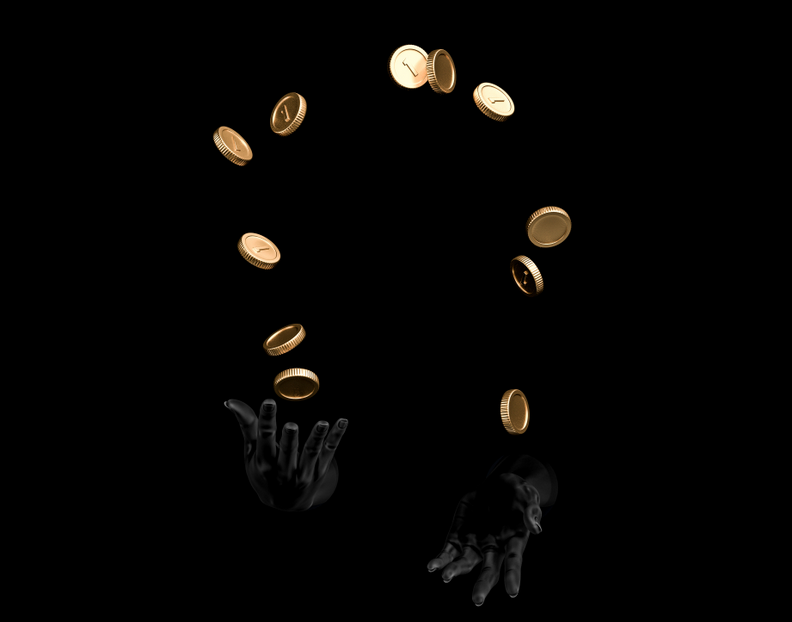
December
For our final month of this year, we return to basics with one of a series of articles by Dr Alan Sidi. This one on The Noble Eightfold Path expounds on the Buddha’s path out of suffering. Alan Sidi examines how this most practical of the Four Noble Truths can be used as a measure of our own practice and a guide to keep us on track as we enter a new year and continue walking along the Buddha’s ancient path. See his article: Taking the Medicine: The Noble Eightfold Path
Taking the Medicine: The Noble Eightfold Path

-----
We hope you enjoyed a look back at the Dharma over the past year. All that remains is to offer our gratitude to you, our readers, for being with us and we hope to see you in 2025 for whatever the future may bring. We are not alone when we are accompanied by the Buddha, Dharma and Sangha.
May All Beings Be Happy!
May All Attain Buddhahood!





